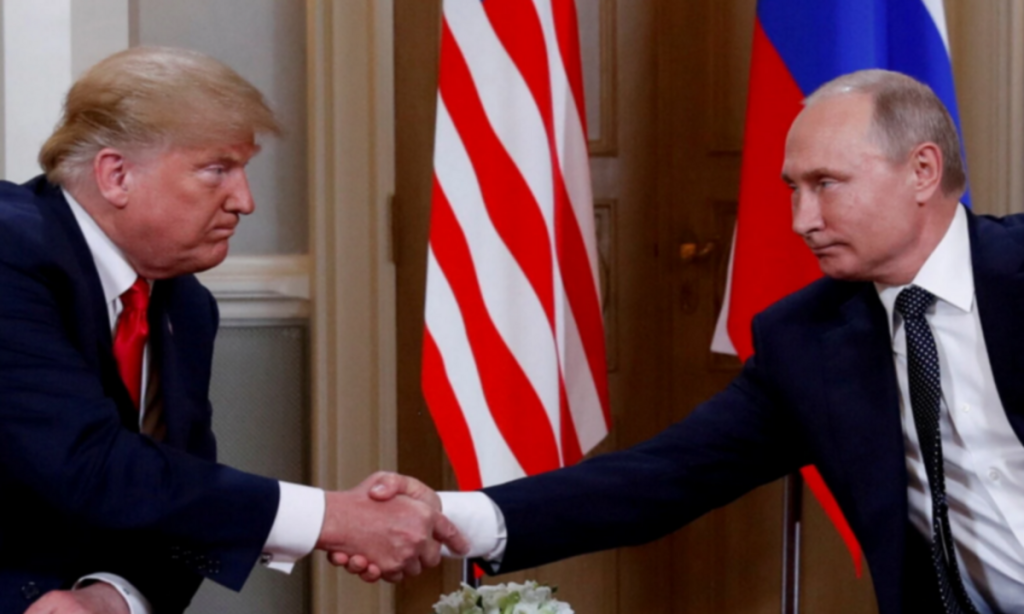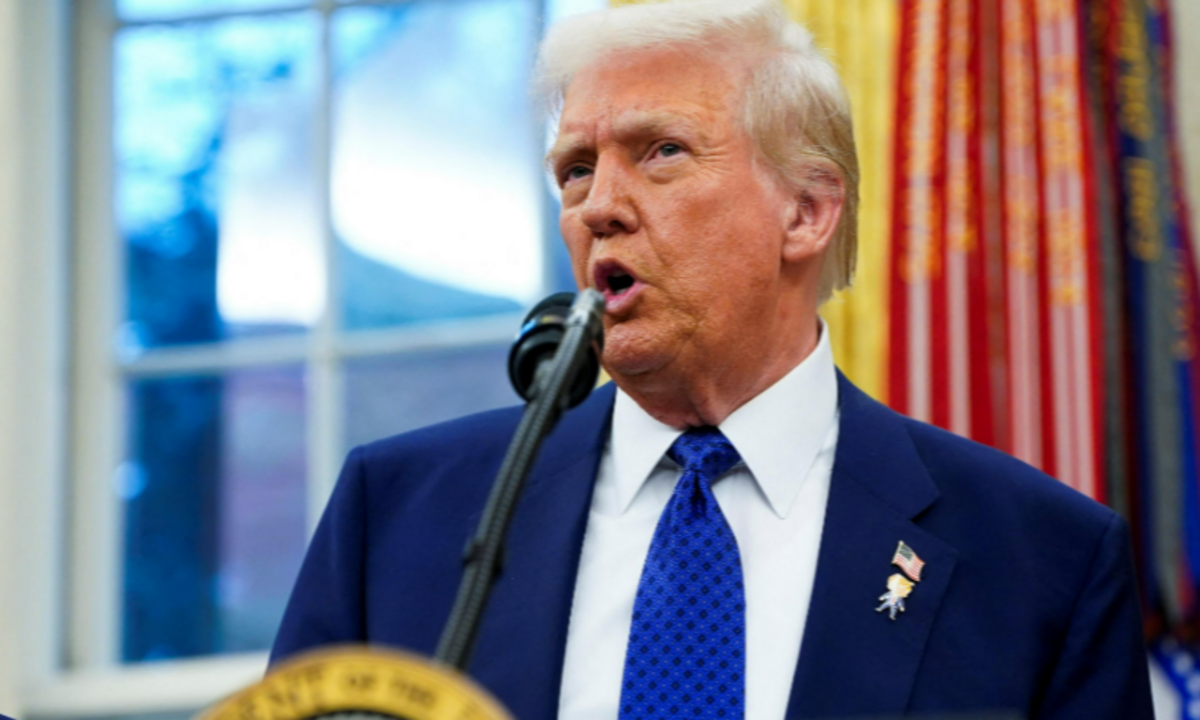In a significant diplomatic development, U.S. President Donald Trump and Russian President Vladimir Putin have agreed to initiate negotiations aimed at ending the ongoing conflict in Ukraine.
This decision follows a lengthy and highly productive phone call between the two leaders on February 12, 2025. The proposed peace talks are expected to commence immediately, with a potential face-to-face meeting between Trump and Putin anticipated before the end of February.
Initiation of Peace Negotiations
During the February 12 call, President Trump and President Putin discussed various critical issues, with a primary focus on the situation in Ukraine. Both leaders expressed a mutual commitment to resolving the conflict and agreed to have their respective teams begin negotiations without delay. President Trump described the conversation as “lengthy and highly productive,” emphasizing the urgency of achieving peace in the region.
Planned Summit and Diplomatic Efforts
Following the call, discussions have been underway to arrange a summit between the two presidents. Kremlin spokesperson Dmitry Peskov indicated that preparations for a meeting are at an “advanced stage,” with the possibility of it occurring before the end of February. However, Peskov also noted that organizing such high-level talks requires time and extensive preparation, leaving the exact date and location yet to be finalized.
In the interim, diplomatic engagements have intensified. U.S. Secretary of State Marco Rubio and Russian Foreign Minister Sergey Lavrov met in Saudi Arabia to discuss the framework for the upcoming negotiations. These discussions are seen as a pivotal step toward restoring bilateral relations and addressing the broader implications of the Ukraine conflict.
Reactions from Ukraine and European Allies
The direct communication between the U.S. and Russia has elicited mixed reactions from Ukraine and European nations. Ukrainian President Volodymyr Zelensky expressed concern over being excluded from the initial discussions, emphasizing that any negotiations affecting Ukraine should involve its leadership. He stated that while the pursuit of peace is commendable, it is imperative that Ukraine’s sovereignty and territorial integrity are upheld in any agreement.
European leaders have also voiced apprehension about potential sidelining in the peace process. The European Union’s foreign policy chief underscored the necessity of including European stakeholders in the negotiations to ensure a comprehensive and lasting resolution. There is a prevailing sentiment that any agreement reached without the input of Ukraine and its European allies may lack legitimacy and durability.
Strategic Implications and Future Outlook
The initiation of U.S.-Russia negotiations marks a significant shift in the geopolitical landscape. Analysts suggest that this move could redefine power dynamics in the region and potentially lead to a realignment of international alliances. However, the exclusion of key stakeholders, particularly Ukraine and European nations, raises questions about the inclusivity and fairness of the proposed peace process.
As preparations for the Trump-Putin summit continue, the international community remains watchful. The outcomes of these negotiations could have profound implications not only for Ukraine’s future but also for global diplomatic relations. Ensuring that the peace process is transparent and inclusive will be crucial in achieving a sustainable resolution to the conflict.
Disclaimer—Our team has checked this article to ensure its accuracy and eliminate any misinformation. We are committed to providing clear and reliable information for our readers.


